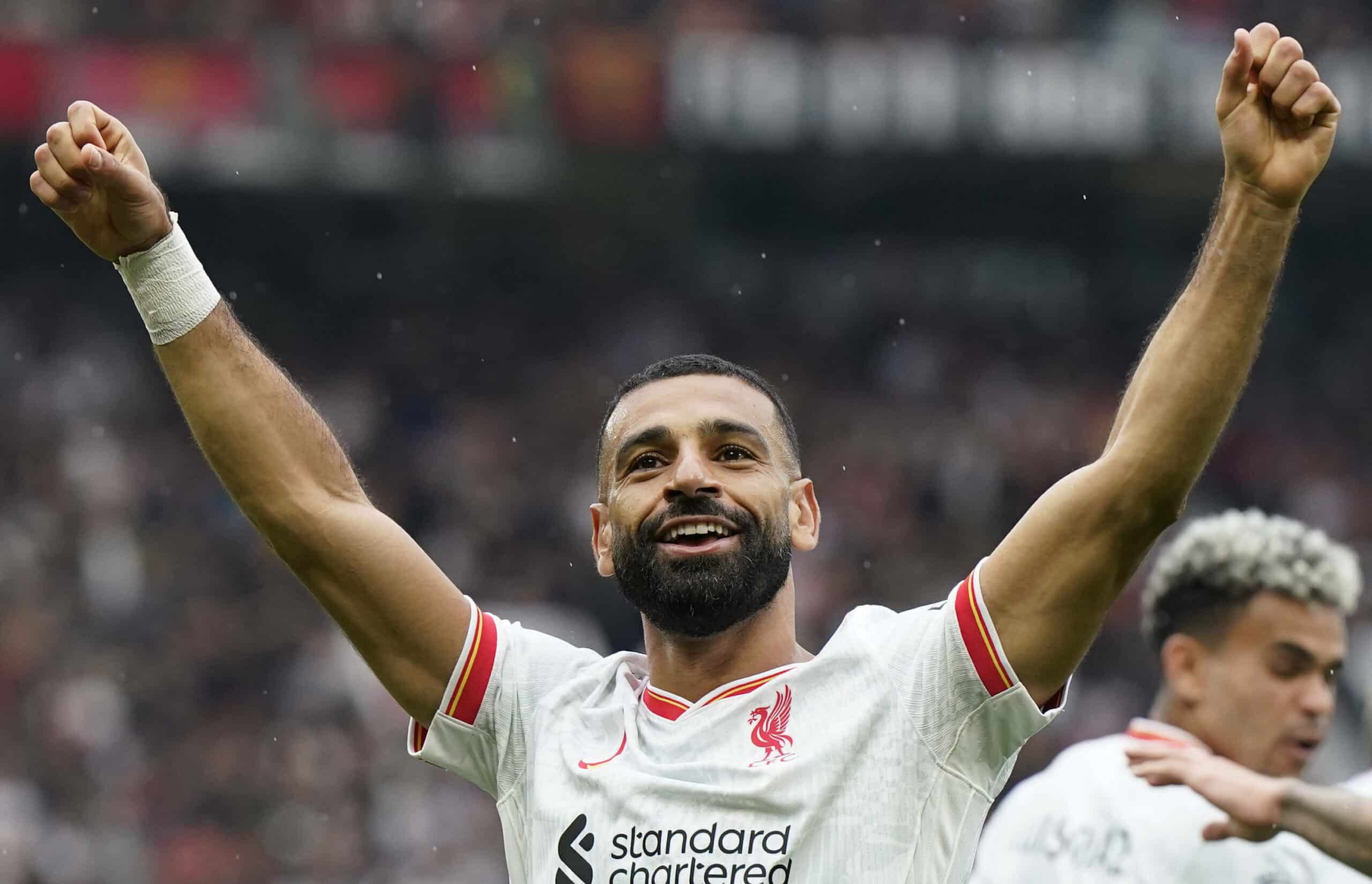Analysing Ramy Abbas’ Comments on Salah’s Future at Liverpool
In the latest episode of Anfield Index’s ‘Media Matters’ podcast, hosted by David Lynch, a fascinating discussion unfolded regarding Mohamed Salah’s ongoing situation at Liverpool. This piece delves into the intriguing interplay between media reporting and player representation, underscored by Ramy Abbas’ recent comments about Salah’s future.
Media Portrayal and Player Dynamics
David Lynch’s insights during the podcast shed light on the often complex relationship between football journalism and player management. Commenting on Abbas’ insinuations, Lynch stated, “I found it amusing really. I’ve never written anything about sources close to Salah and I’ve never really had any dealings with Abbas.” His response highlights a significant disconnect between Salah’s representation and the journalists covering him.
Abbas’ remarks, suggesting a lack of credible sources close to Salah, sparked amusement and confusion in equal measure. Lynch humorously noted, “That insinuation was quite funny, is he saying Salah has no mates? It’s just nonsense. He doesn’t know who Salah has spoken to.” This points to a broader issue in sports journalism— the challenge of navigating the myriad unofficial channels and whispers that surround high-profile athletes.

Direct Sources: The Gold Standard in Journalism
David Lynch also touched upon the gold standard of sourcing in journalism — direct communication. He recalled, “Without pulling the curtain back a little bit but I’m pretty sure that Melissa Reddy spoke to Mo at Old Trafford. So there’s no source better than Mo himself.” This instance serves as a pertinent reminder of the value of obtaining information straight from the involved parties, providing the most authentic insights into any situation.
This approach not only ensures accuracy but also helps maintain the integrity of the journalistic process, especially in an era where misinformation can spread rapidly.
Abbas’ Motivations and Liverpool’s Position
The motivations behind Abbas’ public comments were also a point of speculation. Lynch expressed his perplexity: “I couldn’t really understand what his motivation was behind that tweet.” The ambiguous nature of such public statements often leads to widespread speculation, which can affect player-market dynamics and club strategies.
Furthermore, Lynch hinted at Liverpool’s robust position despite the off-pitch noise, suggesting, “He could really do without Salah playing like that again (vs Nottingham Forest). Liverpool’s hand is quite strong here.” This comment underlines how on-field performance can significantly influence negotiations, with Salah’s prowess providing Liverpool leverage in any discussions about his future.
Conclusion: Navigating the Complex World of Football Reporting
The intersection of media reporting and player management is fraught with challenges. As journalists like Lynch navigate this tricky landscape, they must balance the pursuit of truth with the complexities introduced by player representatives like Abbas. The saga of Mohamed Salah’s future at Liverpool is more than just a sports story; it’s a case study in the delicate dance between public perception and behind-the-scenes realities in modern football.
Understanding these dynamics is crucial for fans and analysts alike, providing deeper insights into the workings of football beyond the pitch. As this situation unfolds, it will be interesting to see how Salah, Liverpool, and their entourage manoeuvre through the evolving narratives shaped by both the media and those closest to the player.



